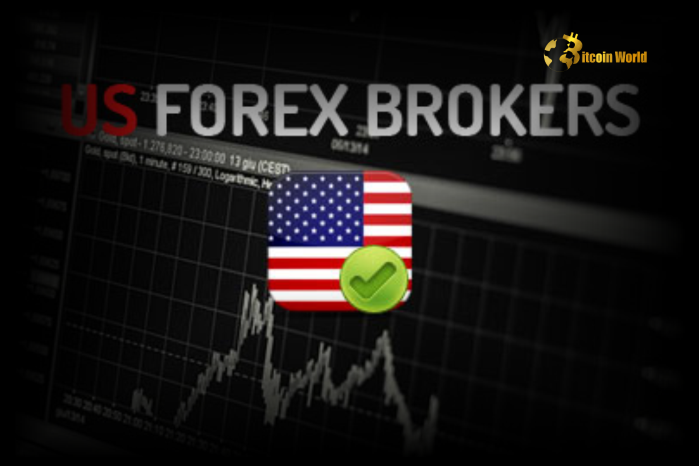How to Choose a Forex Broker in America
How to Choose a Forex Broker in America
Blog Article
How to Get Started with Forex Trading in the US
Foreign trade, or Forex trading, draws an incredible number of players in the United Claims every year. Its large size and liquidity ensure it is one of the very appealing markets globally. However, trading forex us. has a special and strict approach to regulating Forex activities. If you are seeking to industry currencies or simply desire to know the way appropriate frameworks shape the Forex industry, understanding these regulations is crucial.

Essential Appropriate Frameworks Surrounding Forex in the US
Forex regulation in the United Claims is distinguishable because complete risk regulates and customer protections. Two major government bodies oversee many Forex actions:
• Product Futures Trading Commission (CFTC)
• National Futures Association (NFA)
The CFTC, developed in 1974, is assigned with regulating the futures and possibilities markets, foreign trade included. The NFA, as a self-regulatory organization, performs tightly with the CFTC to enforce rules and keep equity in trading practices.
Subscription and Submission
Every Forex dealer or broker employing U.S. residents must enroll with both CFTC and NFA. These entities may also be needed to adhere to rigorous functional requirements, including:
• Minimum net money needs (often greater than in other countries)
• Continuing audits
• Powerful anti-money laundering (AML) guidelines
• Transparent risk disclosure
Violations can lead to hefty fines or a lasting bar from the market. This regulatory construction seeks to prevent scam, protect investors, and increase market integrity.
Major Limitations on Forex Activities
Foundational protections impact how Forex runs in the U.S.:
• Power limits: The NFA models a optimum power of 50:1 for significant currency sets and 20:1 for minors. That is far below many worldwide markets, helping protect unskilled traders from substantial losses.
• Segregation of resources: U.S. law needs that customer resources are kept split from broker working funds. That measure safeguards traders in the case a broker becomes insolvent.
• Advertising and disclosure: Firms must clearly describe risks, fees, and trading elements to clients. Deceptive or extreme solicitation methods face rigid penalties.
Enforcement and Penalties
U.S. agencies often monitor for fraudulent systems, insider trading, and illicit industry manipulation. Statistical data from enforcement reports shows a constant structure of penalties and settlements lately, featuring continuous vigilance. This environment, while stricter than many areas of the world, generates a better enjoying area for retail and institutional traders alike.
What to Contemplate as a US Forex Trader
New traits show a continuing rise in regulatory measures, an emphasis on customer education, and continuous changes to submission requirements. If you plan to industry Forex in the U.S., it's necessary to:
• Confirm a broker's effective enrollment status
• Stay updated with regulatory improvements
• Review chance disclosures before making trades
This method minimizes unforeseen deficits and enhances your prospects in a tightly managed but sturdy marketplace. By understanding appropriate regulations, U.S. traders may confidently participate in the Forex market while staying within the parameters of the law.
Report this page